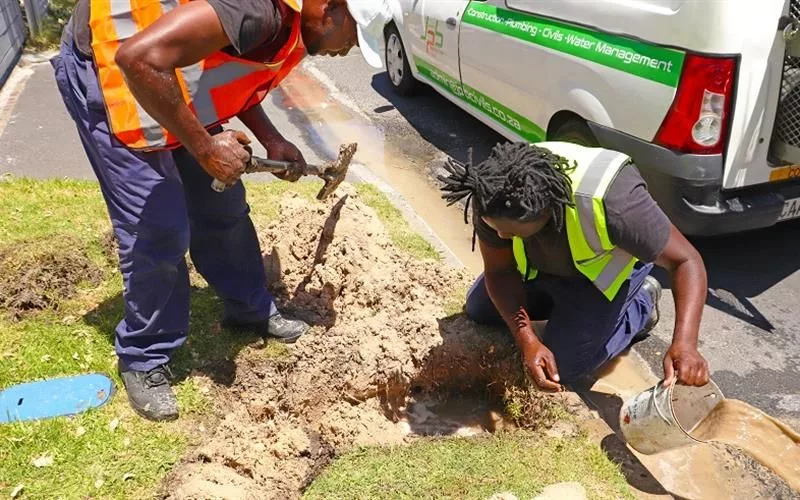A New Era of Trust
In this increasingly globalized world, the reliability of those we let into our homes for maintenance or repair tasks is essential. The persistent complexities of modern city life bring us to Cape Town. Here, the citizens are being ushered into a new age of alertness and responsibility.
The narrative starts with Cape Town’s Water and Sanitation Directorate, a service committed to facilitating the fair and efficient delivery of water and sanitation services throughout the city. The directorate recently instructed its residents to confirm the identities of City-appointed contractors through their communication avenues. This is not just a casual suggestion, but a necessity – a stride toward creating a secure and transparent society.
The directorate has launched multiple city-wide initiatives that require access to private residences. These include the Water Meter Replacement Programme, where water meters are updated based on their functionality, location and age; the Reactive Maintenance Programme, designed to swiftly address customer grievances; and the Indigent Leaks Repair Programme, aimed at fixing private leaks in the homes of eligible indigent residents.
Ensuring Legitimacy and Transparency
The Water Meter Replacement project operates with a sense of legitimacy. Contractors appointed by the city provide homeowners with an official City of Cape Town letter stating the City’s plan to replace their water meter. These letters include the contractor’s information and a unique reference number that ties the work to the customer’s civic account.
In the Reactive Maintenance Programme, customers who register service complaints receive a reference number—promising quick action from either a City internal operational team or a contractor team.
However, the real progress in transparency and verification comes from the multitude of channels that residents can use to confirm any contractor that approaches them. These range from WhatsApp, SMS, phone calls, email to the City’s official website.
The security is further strengthened by the contractors always carrying an employee card, which displays the City logo, the contractor’s full name, and a clear photograph of the contractor. This is done to eliminate any uncertainty about the identity of the person standing at a resident’s door.
The City’s proactive response to the spread of false news is also noteworthy. For example, there was a recent incident involving a hoax news message about two employees of JPB Civils, a contractor with the City’s Water and Sanitation Directorate. The City quickly debunked the fake news, urging residents to stop spreading such misinformation.
Promoting a Secure Environment
The City’s Mayoral Committee Member for Water and Sanitation, Councillor Zahid Badroodien, highlighted the significance of these programmes and urged residents to confirm the service order number before allowing anyone access to their property.
Ultimately, the directive from the City is about creating a safe and secure atmosphere. Residents are urged to report any suspicious activity to the City’s law enforcement agencies, the City’s Fraud Hotline, or to the South African Police Service, which remains the primary authority in crime prevention.
In a time where trust is a valued asset and misinformation can cause devastating consequences, Cape Town’s Water and Sanitation Directorate is leading by example. By employing thorough verification processes and proactive communication strategies, the City is not merely protecting its residents but also promoting a culture of vigilance and accountability in a world that definitely needs more of it.








